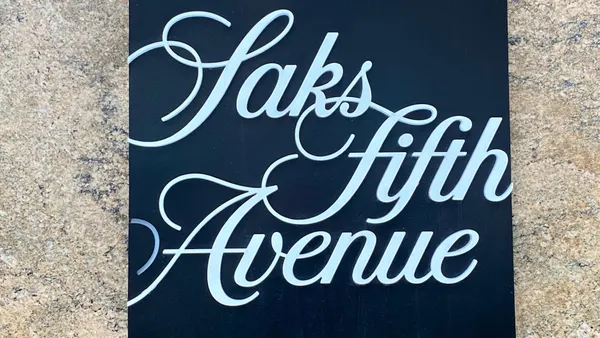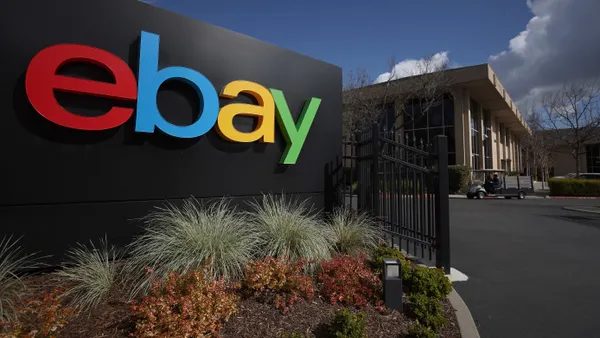Dive Brief:
- Over the next half-decade retailers will increase their partnerships with hotels and other hospitality venues; reinvent their stores to adjust to expansions in online shopping; and experience more pressure on their supply chains as they seek last-mile solutions, according to industry predictions from CCIM Institute Chief Economist K.C. Conway.
- Conway also expects to see more "adaptive reuse" with mixed use redevelopment at retail sites that have been hurt by closures, along with major tax base disruption as ailing and closed commercial properties force governments to seek funds elsewhere.
- The report also explores "myths" around the retail climate today, pinning mass closures on retail debt (rather than decreases in consumer spending), and also positing that mass closures of stores and malls will go on for a while (instead of ending in a couple years). Additionally, Conway dispenses with the notion that online commerce is more cost-effective than brick-and-mortar and that malls are entirely obsolete.
Dive Insight:
Conway takes stock broadly of some of the major trends reshaping retail today while looking ahead at how things like autonomous vehicles and new metrics for measuring logistics performance could shape the industry in the future.
A lot of thought is given to retail space, which is in flux today as malls and stores close at a feverish pace. Conway cites a Credit Suisse estimate that one in four malls could close by 2022. Meanwhile they are closing at a rate of 75 per year.
GNC's CEO said earlier this year that his company has seen traffic declines at malls accelerate this year. Apparel retailers, meanwhile, have taken a beating this year amid traffic declines even as other players in the category like Target, Amazon and off-price sellers report major sales increases.
GAP CEO Art Peck went so far as to say this year that the mall formula "doesn't work" anymore. "The historical model was: build a mall, tons of traffic, expensive rent and make it up in low conversion but highly productive traffic," he said at Shoptalk in March. "The secret in the industry today is that traffic in many of these malls is not nearly as productive as it once was."
Other observers expect the risks for malls to increase, potentially with an economic slowdown. Of course, those trends largely apply to B- and C-class malls, while the best malls continue to perform well relative to their peers.
As Conway notes, other venues and partnerships for retailing could expand as banners look for new places to sell. Hotels and airports both hold potential in that respect.












